-
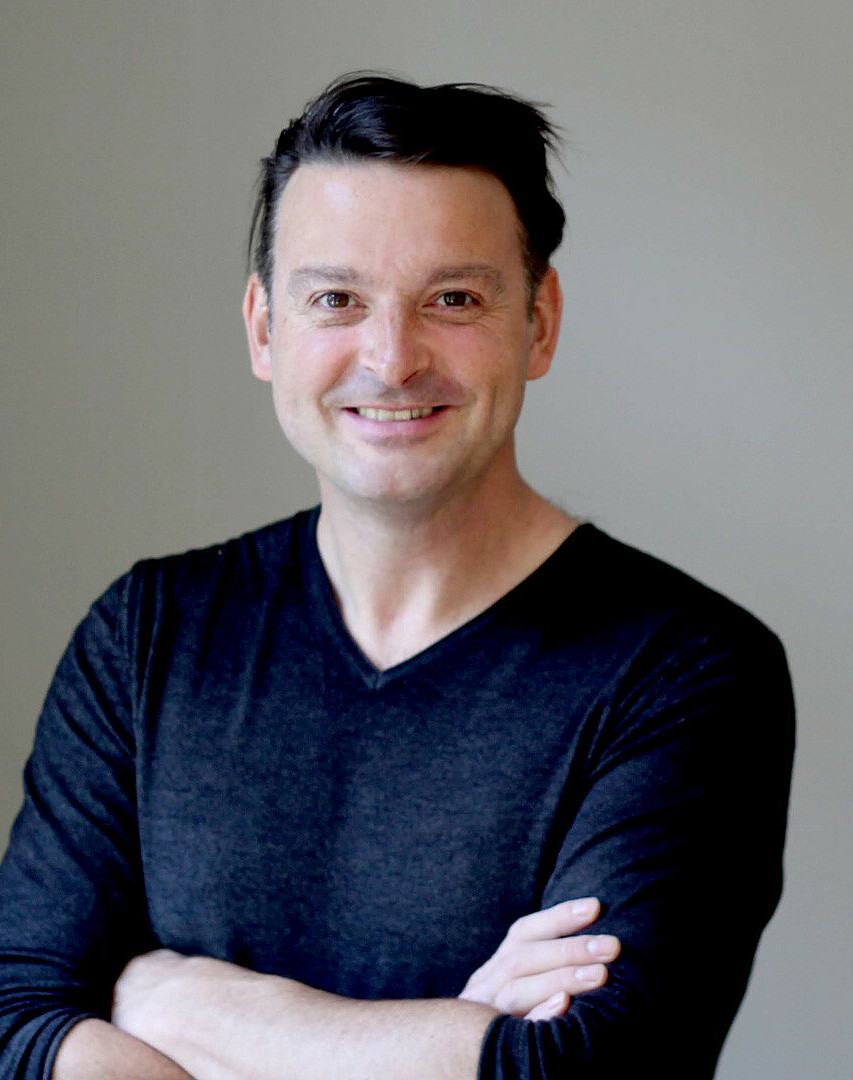
private
09.10.2020Professor Dr Kai Reinhardt, HTW University of Applied Sciences
Brain City Ambassador Professor Dr Kai Reinhardt is a Professor of Corporate Management, Human Resources and Organisation at HTW University of Applied Sciences in Berlin. His work is primarily focused on the phenomenon of the digital transformation and its effects on organisations, people, culture, and competence. Business and science: for Professor Reinhardt, two sides of the same coin.
“If I were to give myself a job title, then I would call myself a digital ethnologist.” Brain City Ambassador Professor Dr Kai Reinhardt is investigating a topic that is affecting all of us: the metamorphosis of work and human lives in the digital economy. The perspective of the economist, who has been teaching and researching at HTW University of Applied Sciences in Berlin for almost four years, is quite broad: “I’m not only interested in new technologies in business, but above all in the opportunities that arise for the design of work systems, in other words, the environment where we currently work and where we will be working in the future,” he explains. “One of my recent projects, for example, was about developing a completely new approach to competence management for an international company. A major role in the project was that we first developed a new perspective on digital system design and productivity with all of the stakeholders. Together we were then able to develop an AI-based model which makes more precise and individually tailored skills development and qualification possible. “
Kai Reinhardt first came to Berlin in the 1990s. At the time, the city was an international centre of the early dot-com industry. “My career at eBay began when the company was still a small start-up. Even though there was still a lot of improvisation back then, I experienced a city that was suddenly reinventing itself through creativity and digitalisation and developing into a global creative hub. And I see this phenomenon again today. There are few cities that are closer to the zeitgeist than Berlin.”
Research in Berlin is research into contrasts. There are few cities that are closer to the zeitgeist.
After holding various management positions in Germany, Switzerland, and the US, he turned to academia: Together with a research group, he established the research field of strategic knowledge and competence management at the Fraunhofer Institute for Factory Operation and Automation (IFF) in Magdeburg. In 2017, he moved back to Brain City Berlin when he accepted a professorship at HTW.
The expert in strategic corporate management and digitization has not regretted the move from industry to research. “My understanding has always been that business and research are two sides of the same coin. From the perspective of companies in particular, the question arises whether and how they will survive digitalisation.” Another question that Kai Reinhardt deals with in this context is how one can make entire regions fit for the digital age and specifically develop digital skills structurally in economic clusters. “Science gives me the freedom to look for solutions. Business offers the right space to question these solutions,” he notes, adding further: “My decision for research was therefore also a decision for business. My aim is to make a contribution so that local companies can also master these developments well.”
Brain City Berlin offers the expert for competence and organisational development an ideal environment. “Research in Berlin is research into contrasts. On the one hand, there is diverse access to the very dynamic and rapidly developing technological start-up scene, which is slowly but steadily networking with the established industrial structures of Berlin and other centres. On the other hand, Berlin has an incomparable density of scientific networks, institutions, government authorities, and research facilities which offers an excellent basis for model experiments and research funding. That makes Berlin unique in contrast to other research clusters in Germany - especially with regard to my research field of organisational changes through digitalisation.”
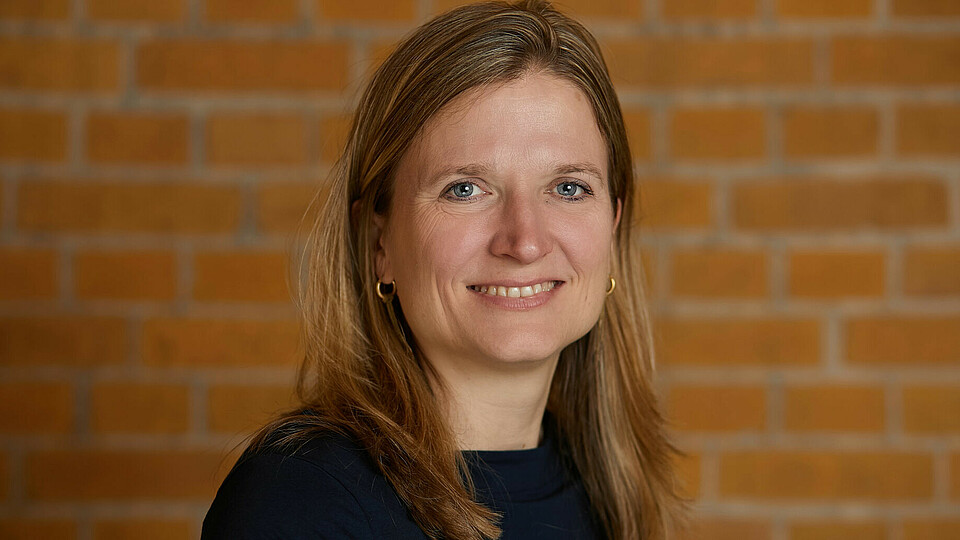
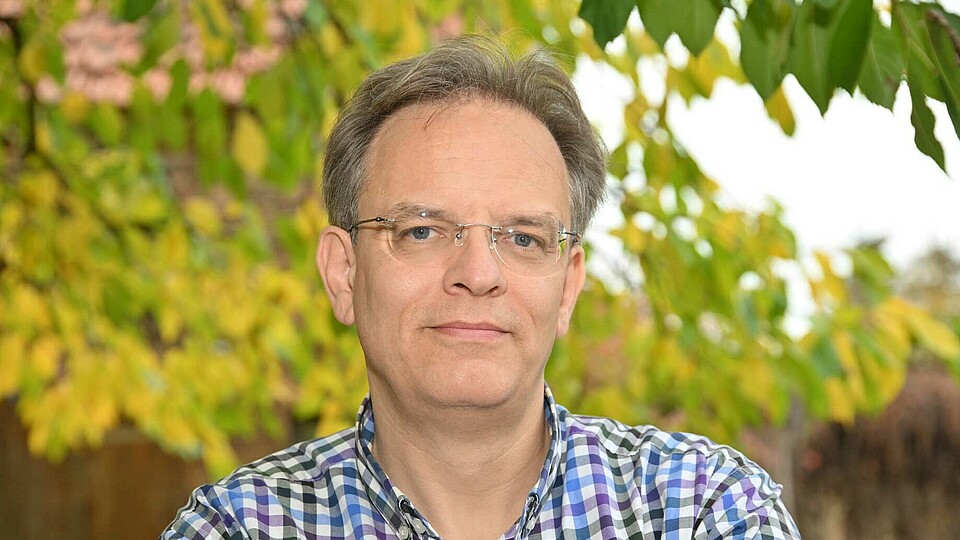
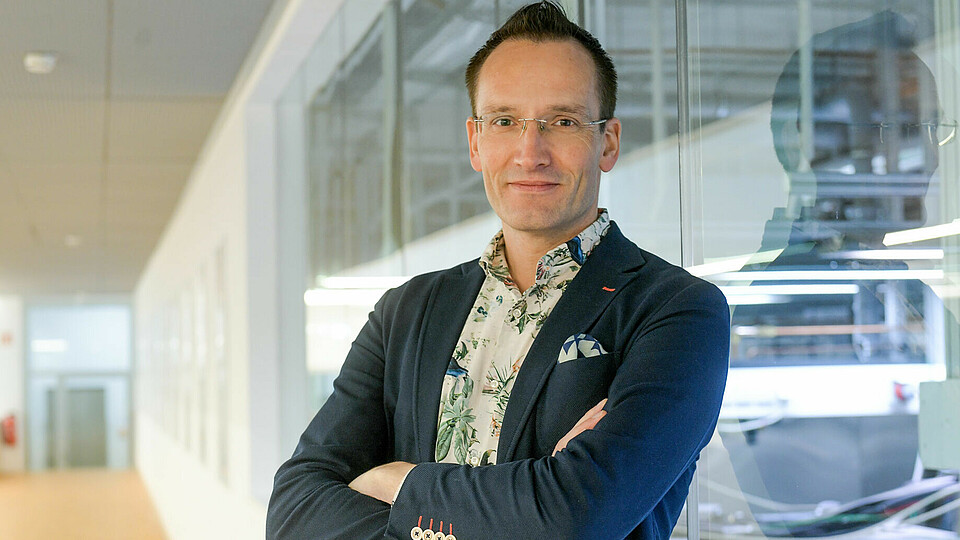

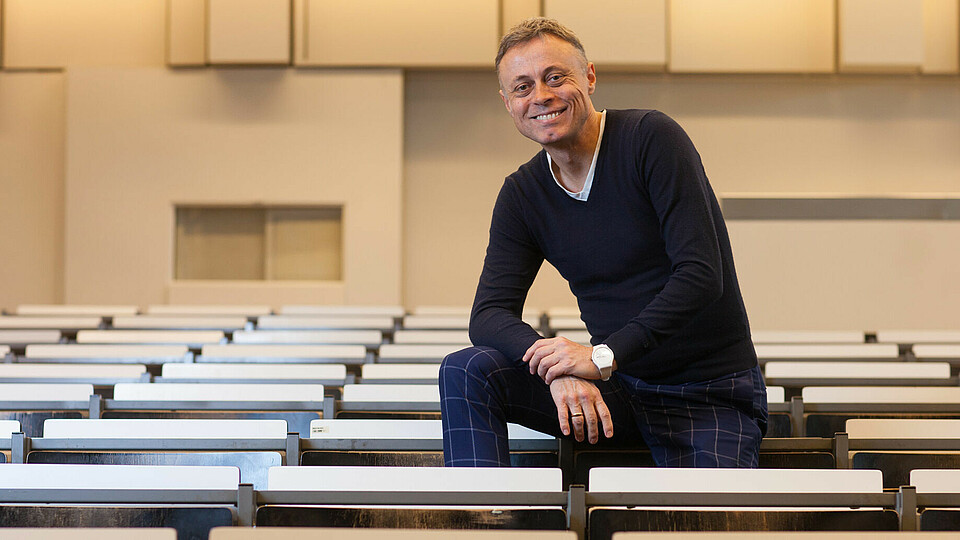
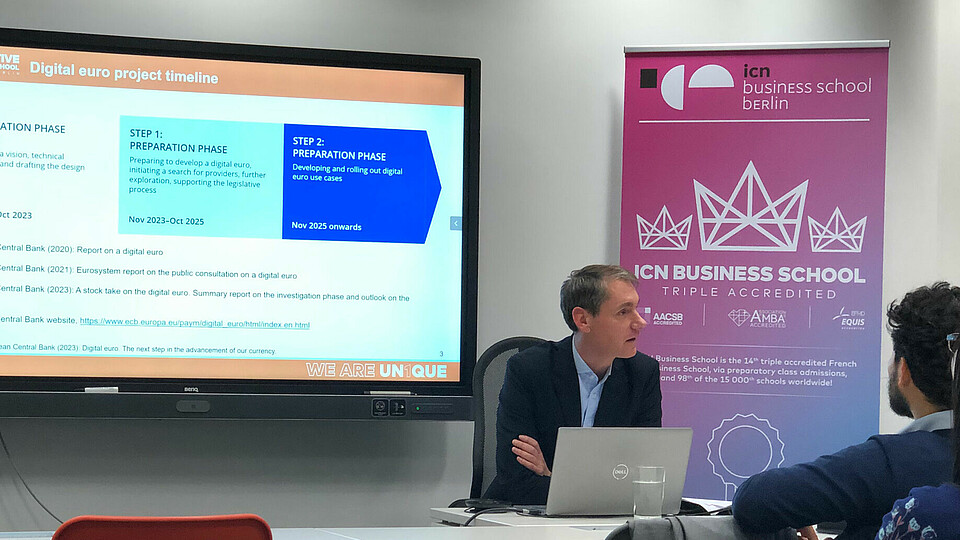
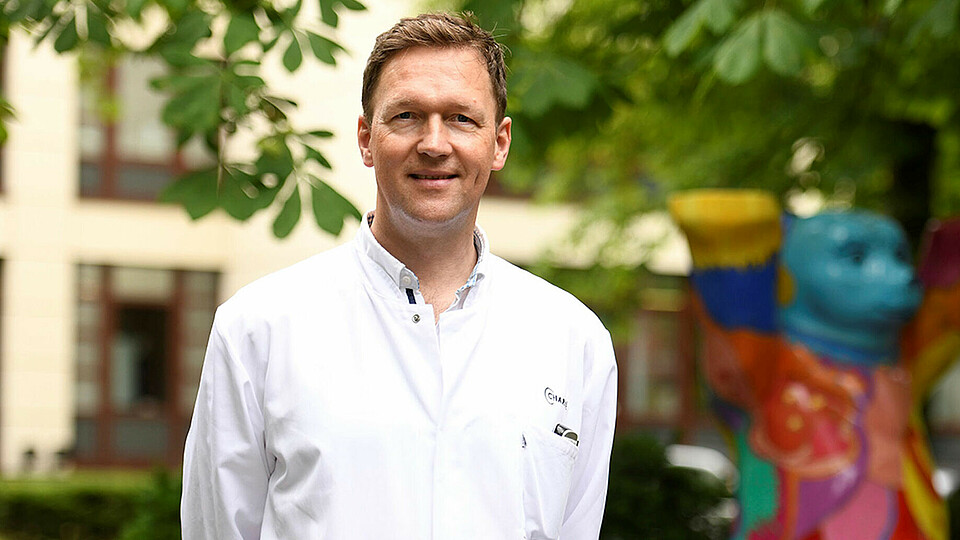
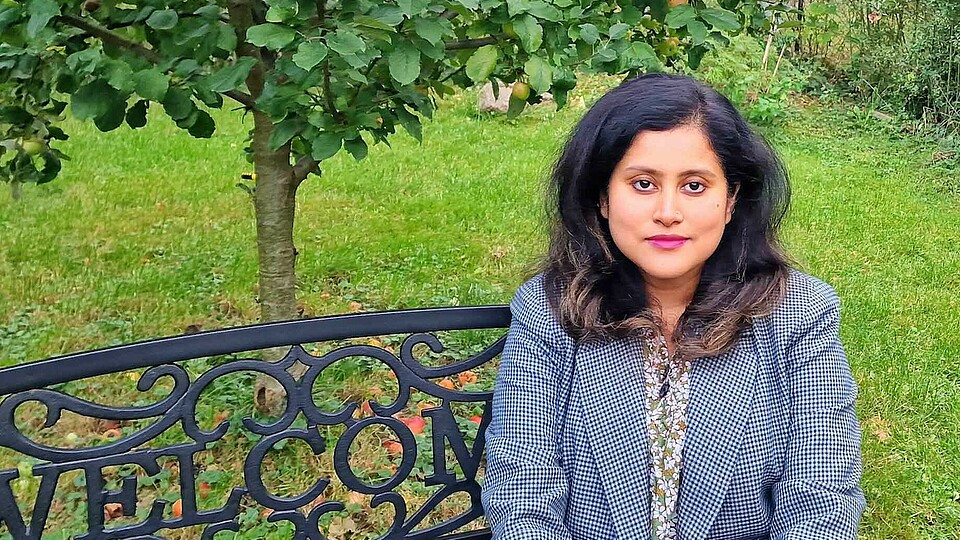
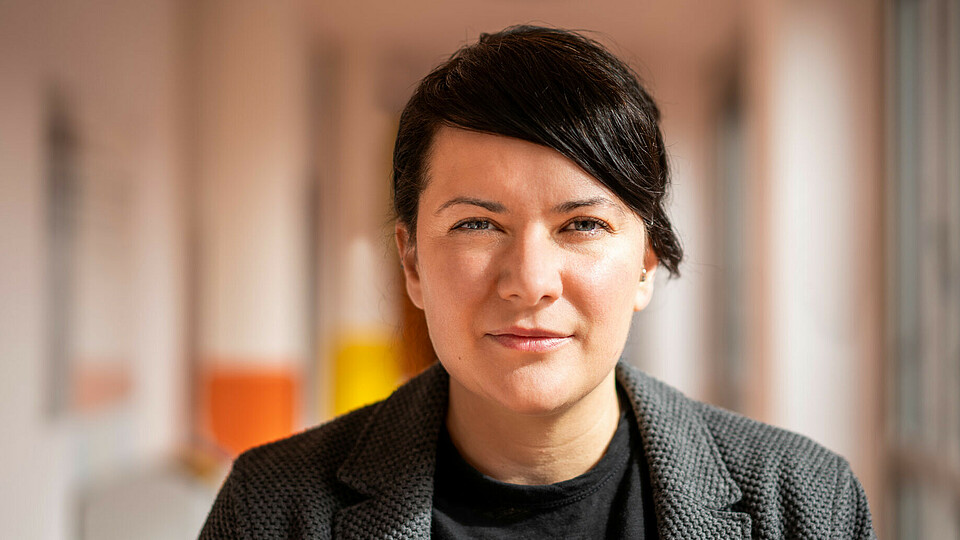
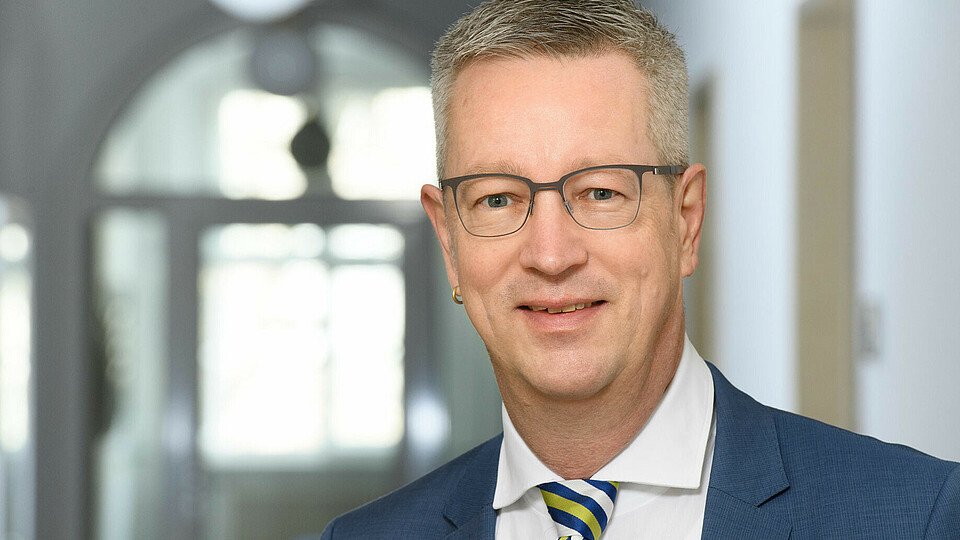
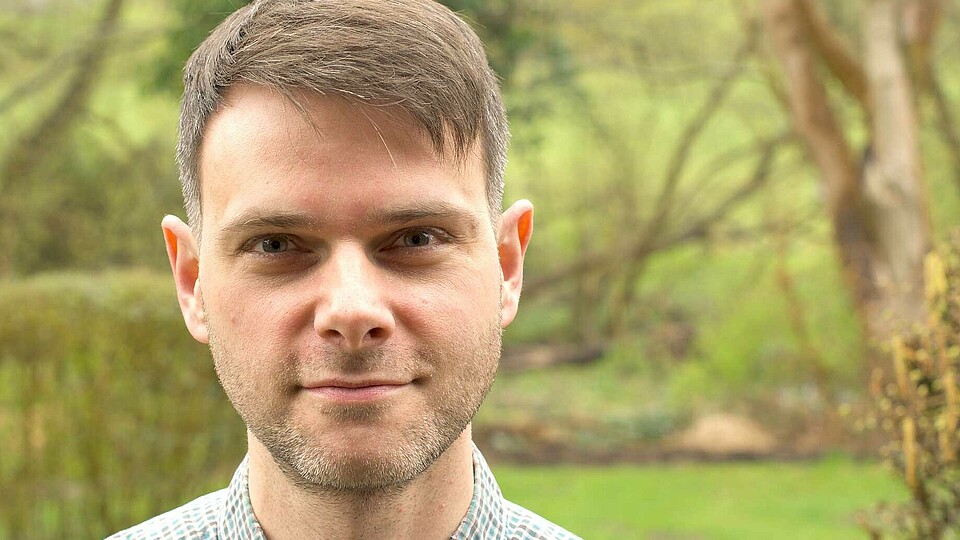
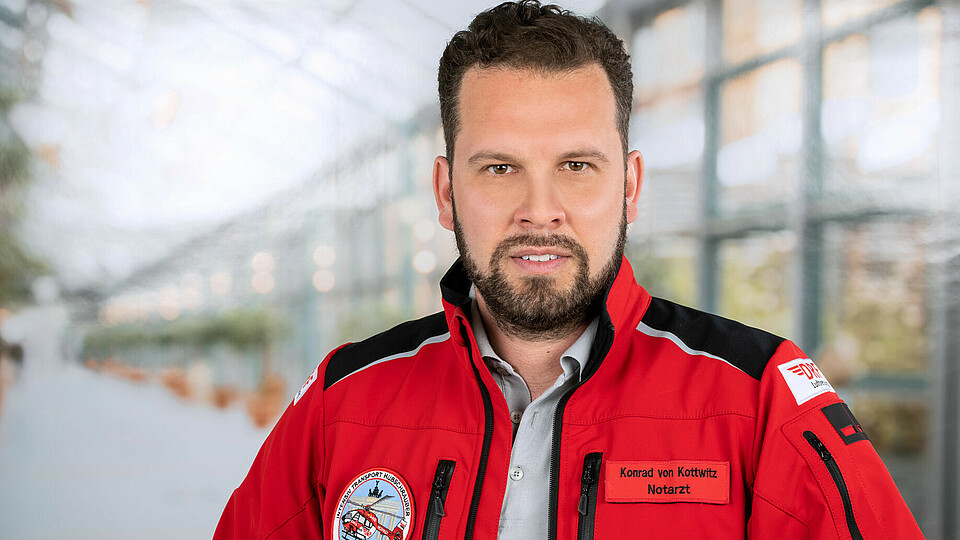
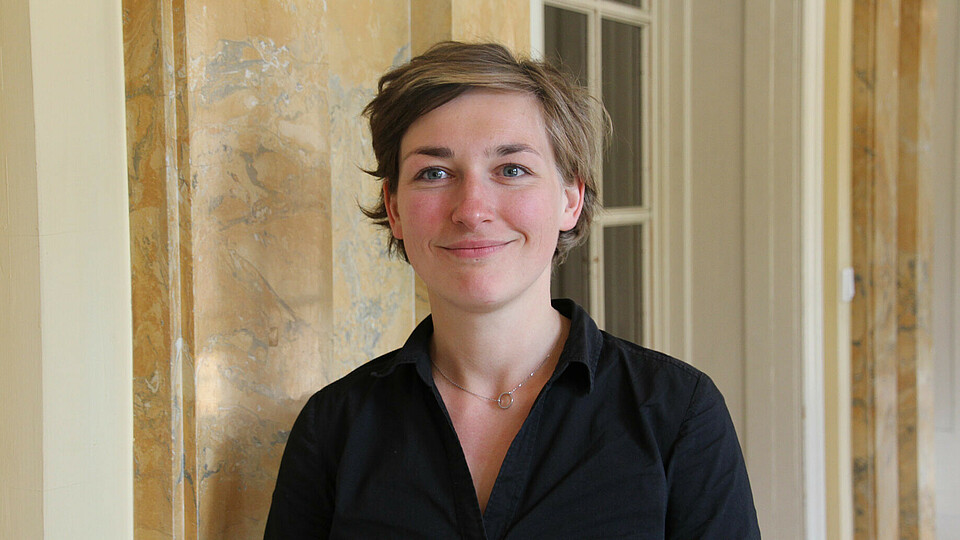
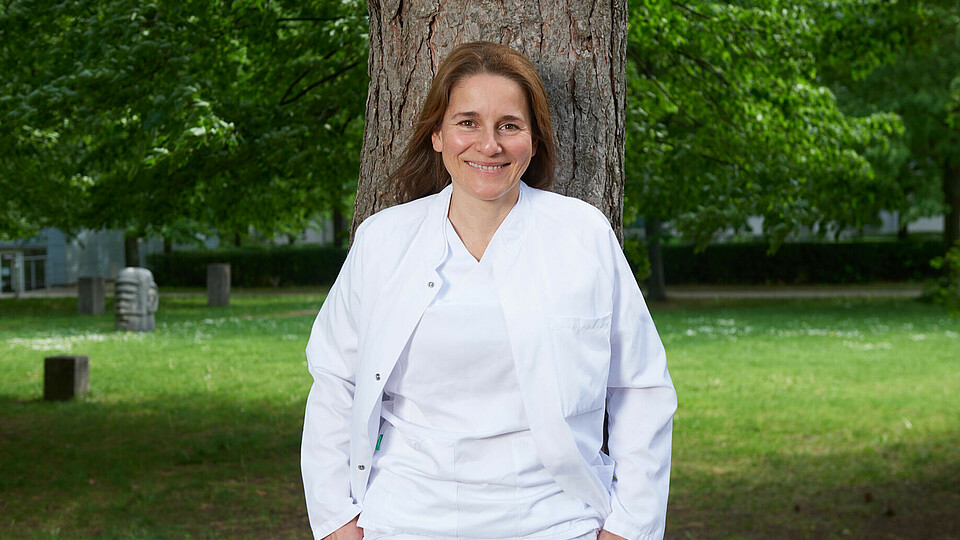
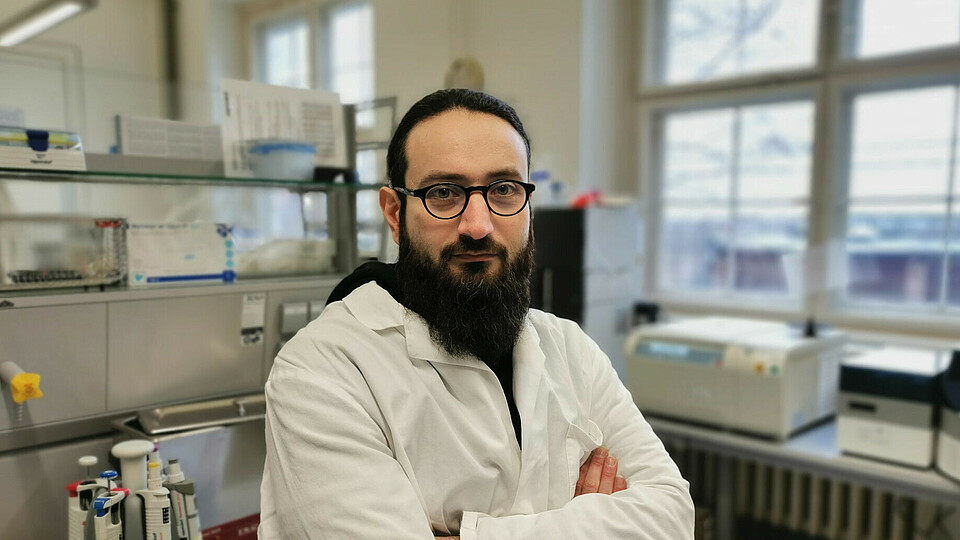
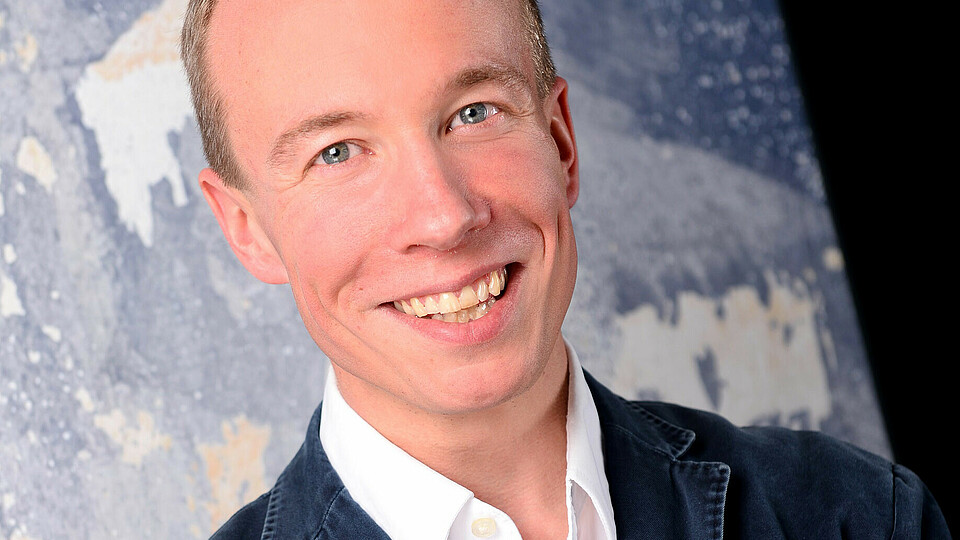
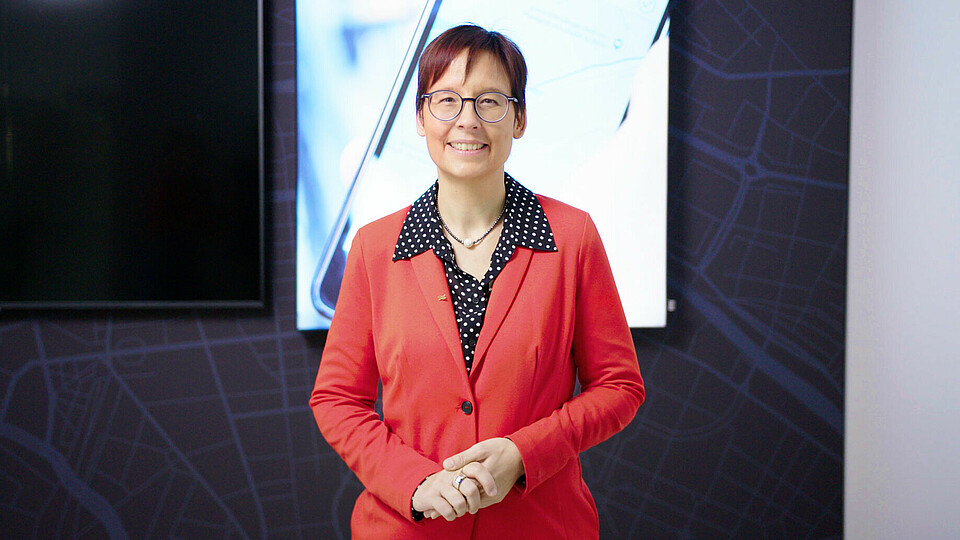
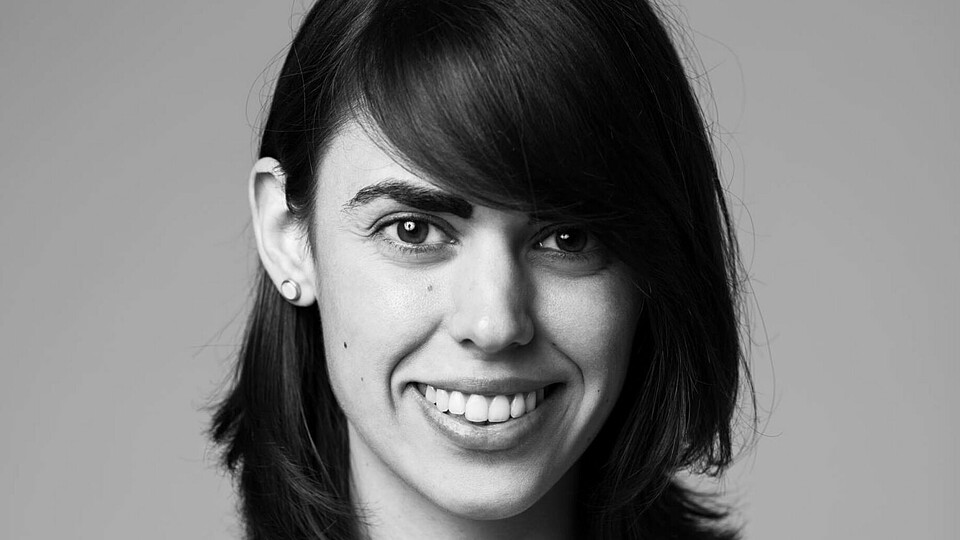
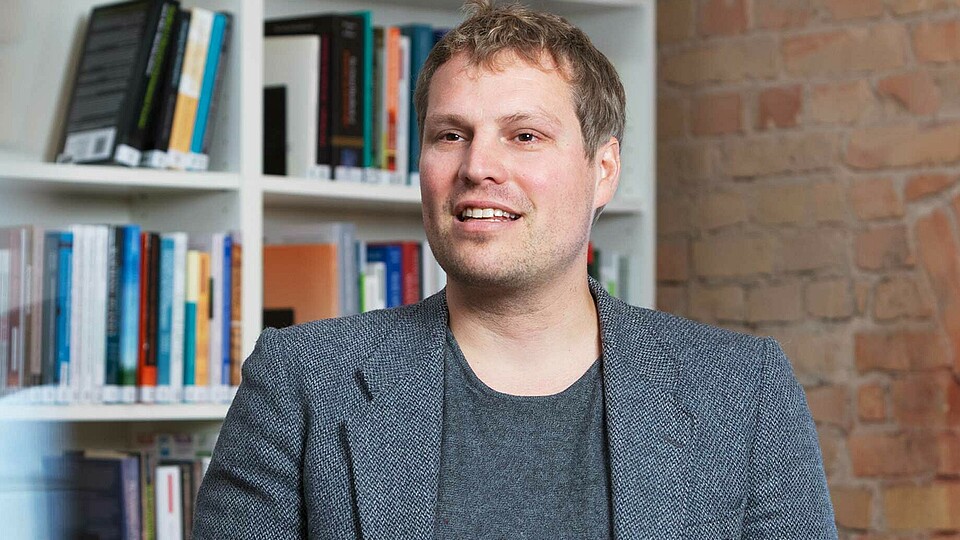
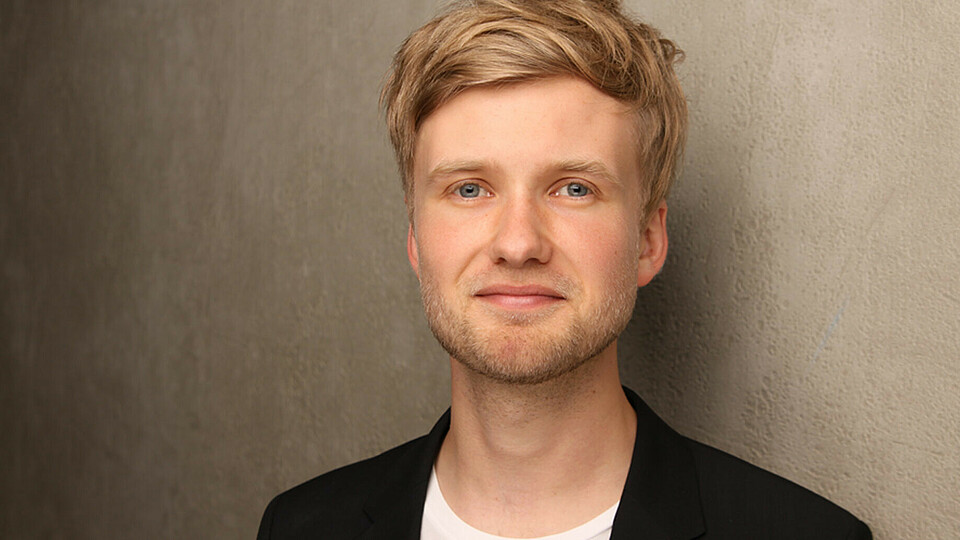
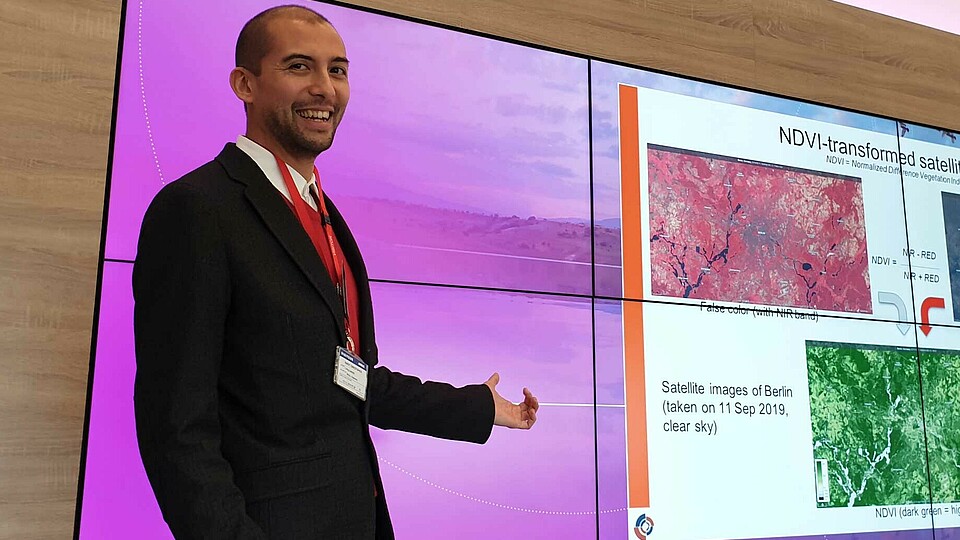
![[Translate to English:] [Translate to English:]](/fileadmin/_processed_/b/c/csm_Lang_Berlin-Partner_Philipp-Jester_683x384_31db623bc3.jpg)